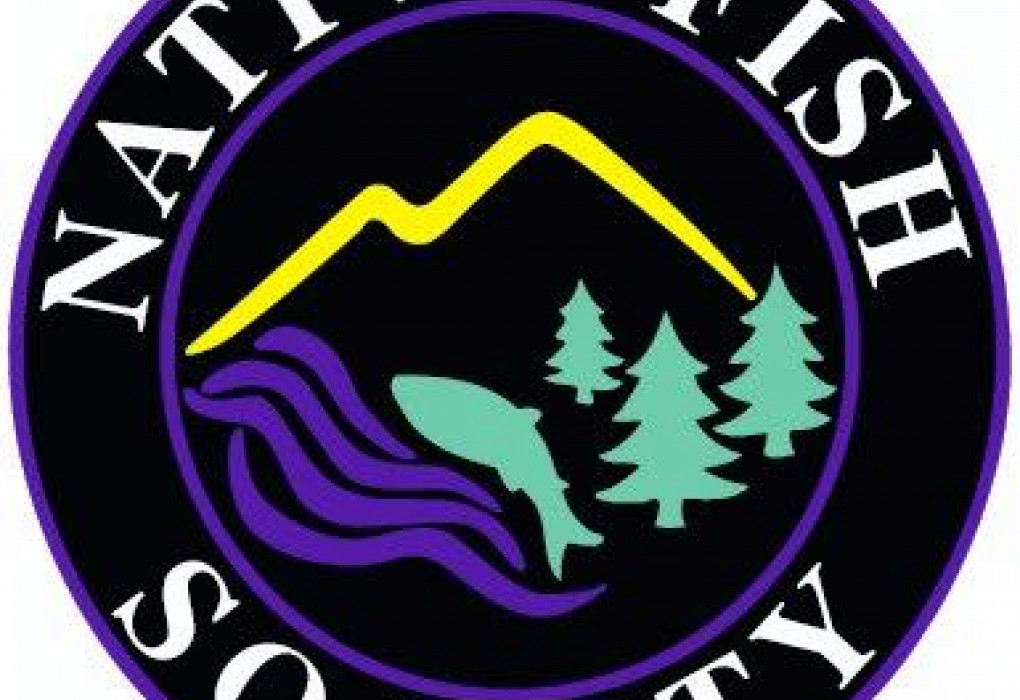Forage Fish Comments to Pacific Fisheries Management Council
April 10th, 2014
Ms. Dorothy Lowman, Chair
Pacific Fishery Management Council
7700 NE Ambassador Place, Suite 101
Portland, Oregon 97220-1384
Re: Agenda Item I.1, Protecting Un-fished and Unmanaged Forage Fish Initiative
Dear Chairman Lowman and Council members:
As the Native Fish Society’s River Steward Coordinator for the North Oregon Coast I would like to voice our continued support to protect currently unmanaged forage fish. The Native Fish society is a regional conservation organization concerned about the health, abundance, biological diversity, and resilience of native fish. Our priorities are to form lasting solutions for people and species that depend on healthy ecosystems and to actively support fisheries based restoration.
During the past two years the council has laid a solid foundation for establishing regulatory protections for currently unmanaged forage species including, but not limited to herrings, smelt, and mesopelagic fishes. We ask that you select alternative 2.2.1 as the preliminary preferred option, which integrates forage fish as an ecosystem component species into all of the council’s existing fishery management plans.
Personally, I have experienced abundances of forage fish, as well as the resilient array of other species they support, while running a remote field camp in southwest Alaska. During my time with the Fisheries Research Institute I witnessed schools of sand-lance that were best measured in acres as well as documented eulachon in ecosystems they were not previously found. The development of new directed commercial fisheries without a strong science and management framework cannot utilize these types of data without them first being established. Since returning home to work in fisheries conservation in the Pacific Northwest I have not experienced anything similar to the forage fish abundance and diversity in the Gulf of Alaska.
Recognizing food web interactions and incorporating them into management is a preemptive strategy to combat threats such as climate change and human population
growth. Conservation is most successful where actions are aimed at protecting ecosystems before the damage is done. We applaud the council for its proactive approach and for integrating science, public policy, and management concerning this initiative.
Thank you for considering our comments.
Sincerely,
Conrad Gowell
North Oregon Coast Regional River Steward Coordinator
Native Fish Society
221 Molalla Ave. Ste. 100
Oregon City, OR 97045

